Ghana’s recreation and tourism sector showcases a rich cultural and diverse heritage, embodied in its forts and castles, festivals, and arts and crafts. The
country boasts an array of natural attractions, including evergreen forests, mountains, lakes, and waterfalls. This sector is labour-intensive and offers numerous small-scale employment opportunities in areas such as travel and tours, handicrafts, music and dance, and Ghanaian cuisine, making it an attractive prospect for investors. Overall,
the tourism sector holds significant potential to drive economic growth and job creation in Ghana. The country earned GHS 3,608.3 from tourism in 2023.
Key components of the sector include accommodation (hotels, guest houses, lodges, hostels, and apartment com- plexes); food and beverages (restaurants, bars/nightclubs and food vendors); at- tractions (nature resorts, heritage sites, safaris, beach resorts, nature and adven- ture parks); and creative arts (cultural events, meetings, incentives, confer- ences, exhibits, movie houses, arts and crafts, stage performance programs, awards, and celebration programs).
In 2021, hotels and restaurants in Ghana contributed approximately GHS 3.9 billion (around US$ 640 million) to the country’s Gross Domestic Product (GDP). The beverage industry has also seen increasing competition in recent years with numerous small produc- ers entering the market. This growth is driven by urbanisation, increased brand awareness, and a growing middle class. Food spending is projected to keep growing due to positively trending demographics, similar to the drinks seg ment.
As of 2022, Ghana had over twenty eco- tourism sites spread across its regions. Notable sites include Wli Waterfalls, Paga Slave Camp and Sacred Crocodile Pool, Kakum National Park, Mole National Park, Nzulezu Village, and sea turtle conservation areas in the Central, Northern, and Western regions. The ex- port of industrial art and crafts has expe- rienced significant growth, with a com- pounded annual growth rate (CAGR) of 54 percent from 2018 to 2020.
Ghana’s population size and growth significantly support the expansion of the tourism and recreation sector. With a population of over 30 million grow- ing at a compound annual growth rate (CAGR) of 2 percent and an urbanisa- tion rate of 57.9 percent, there is a rising demand for recreational and tourism activities. This demographic trend cre- ates a robust market for the tourism industry, fostering its growth and devel- opment.
Ghana’s rapidly expanding telecommu- nications sector is another crucial factor driving tourism growth. The growth in communication and information tech- nology enhances awareness of Ghana’s culture and branding, ultimately pro- moting tourist sites and recreational facilities across the nation.
The government’s commitment to developing tourism infrastructure is evident through significant investments and initiatives. Supported by World Bank funding of US$ 50 million, the government has prioritised upgrading road networks throughout the country. These improvements in infrastructure are crucial for enhancing access to tourist destinations and supporting the overall growth of the tourism sector in Ghana.
The sector has benefitted from several key interventions. The “Year of Return, Ghana 2019” was a landmark market- ing campaign targeting the African- American and Diaspora markets. It commemorated 400 years since the first enslaved African arrived in Jamestown, Virginia. Spearheaded by the Ghana Tourism Authority (GTA) under the Ministry of Tourism, Arts, and Culture, the project collaborated with the Office of Diaspora Affairs, the Panafest Foun- dation, and the Adinkra Group of USA. The campaign significantly impacted the economy, generating US$ 1.9 bil- lion through tourism and travel in 2019, showcasing Ghana as a prime destina- tion for the African diaspora.
In April 2021, the government launched a US$ 25 million investment program under the Ministry of Tourism, Arts, and Culture to boost the local film and movie production industry. This initia- tive aims to enhance the film ecosystem in Ghana and is projected to create up to 6,000 jobs within the industry. The investment highlights the government’s commitment to developing creative arts as a vital part of the tourism sector.
A domestic and regional tourism cam- paign, branded as “#ExperienceGhana, #ShareGhana,” was launched in June 2021, to boost local and regional tour- ism. As part of this initiative, March of every year has been designated as Ghana Month, featuring activities such as “See Ghana, Eat Ghana, Wear Ghana, and Feel Ghana” to promote national pride and cultural engagement. This campaign seeks to enhance the patron- age of the tourism industry by encour- aging Ghanaians and regional visitors to explore the country’s rich cultural heri- tage and diverse attractions.
The Marine Drive project, initiated in 2017, is an ambitious public-private partnership estimated to cost around US$ 1.2 billion. The project aims to transform the beachfront stretch from Osu Christiansborg Castle to the Arts Centre into a dynamic business and commercial hub, significantly altering the city’s skyline. Spanning over 240 acres within the ministerial enclave, the project is expected to generate over 15,000 jobs upon its completion in 2027, driving tourism growth and boosting the national economy.
SECTOR OPPORTUNITIES
• Development of sports infrastruc- ture.
• Development and funding of tour- ism projects with the support of donor funding and technical assistance.
• Opportunity to develop intermodal transportation systems – including light rail systems, extensive road networks others that allow tourists to travel easily to their destinations.
• There are opportunities to set up companies in travel and tours, handi- crafts, music and dance and other ancil- lary services to support the industry.
• Opportunities to set up world class training institutes to provide human capital development necessary for the seamless operation of tourist sites and recreational facilities, as well as boosting the tourist experience.
INVESTMENT INCENTIVES
• Ghana guarantees investments against expropriation and offers free transferability of profits and dividends for foreign investors.
• Companies in the tourism sector enjoy a corporate tax rate of 22 percent as against the general rate of 25 percent; a 10 percent concessionary rate on im- ported goods for tourist establishments; and import duty exemptions for plant and machinery.
• Ghana has a stable political environ- ment, coupled with a flourishing busi- ness environment partly attributed to an excellent labour force.
• Investing in Ghana provides ac- cess to the African market through the African Continental Free Trade Area (AfCFTA), which is headquartered in Accra.


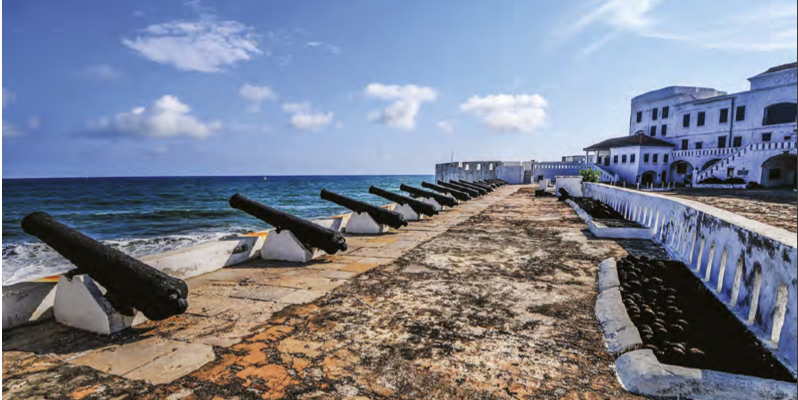

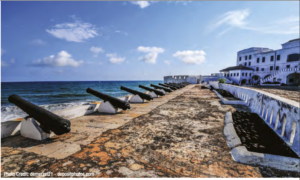
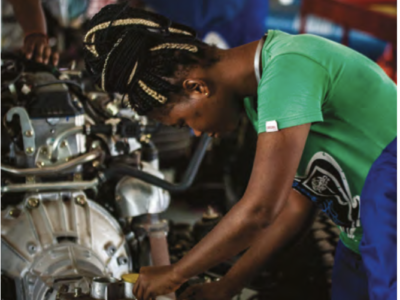
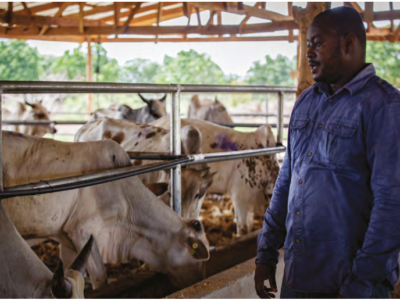


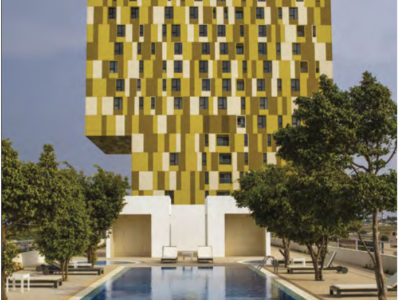
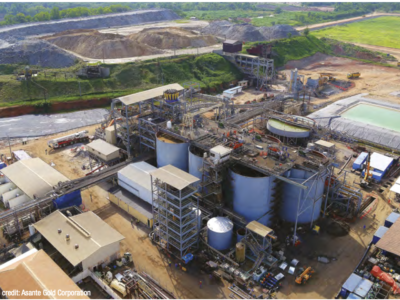



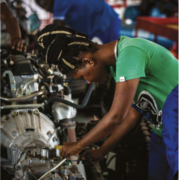
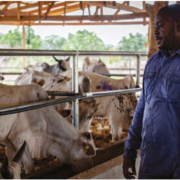
Comments